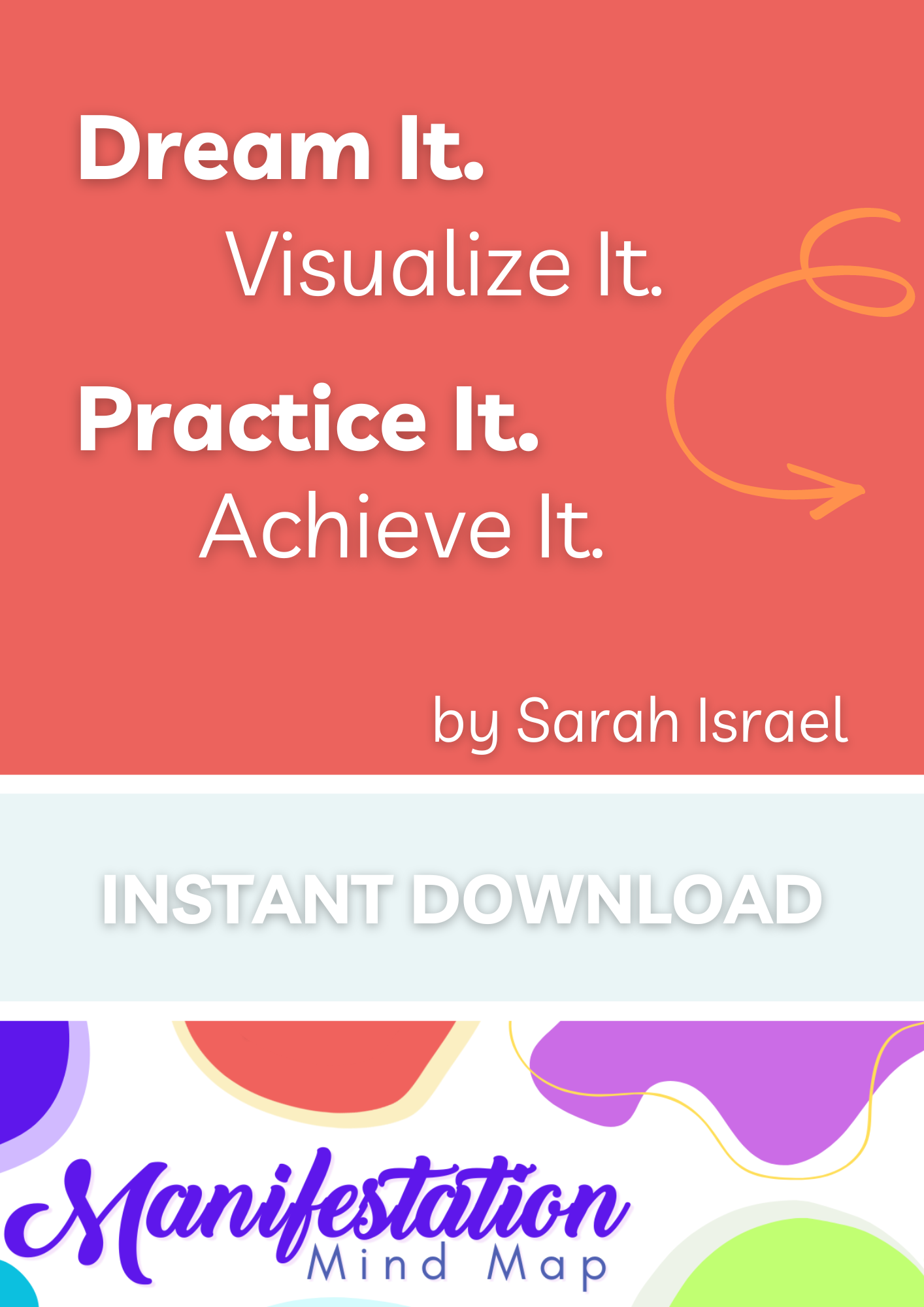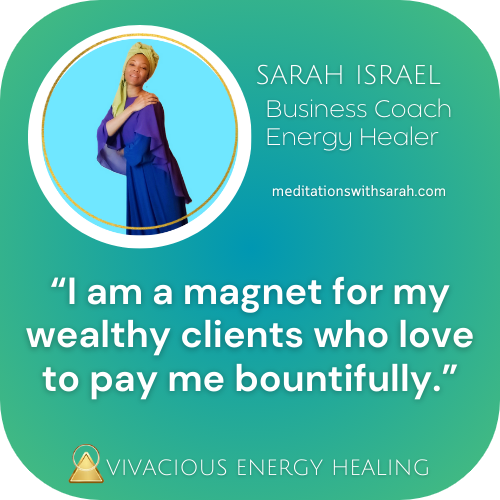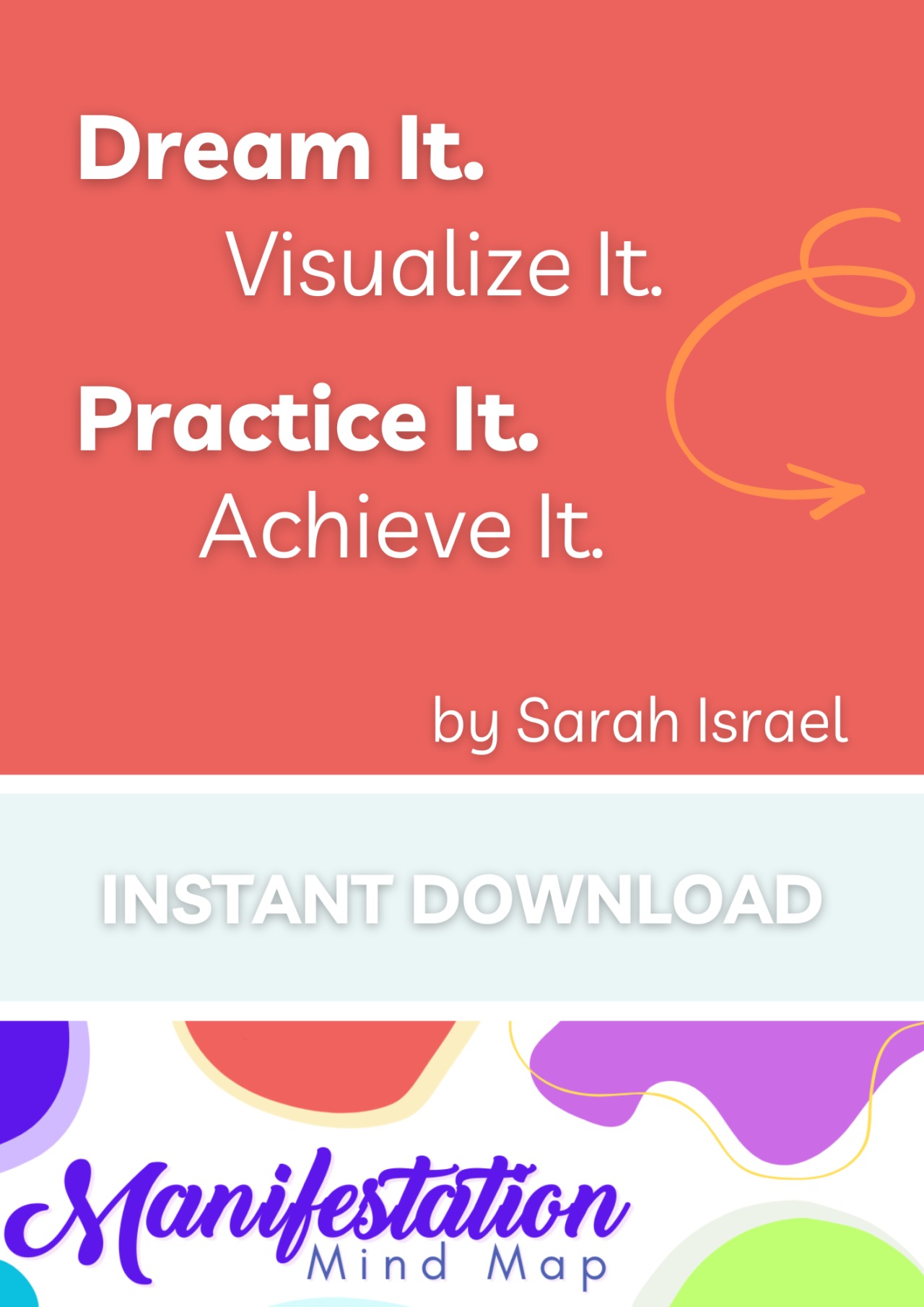
So, you’ve been feeling this tug, haven’t you? That inner nudge that whispers, “You have the power to heal.” Maybe it’s a calling you’ve felt for a while, or perhaps it’s something new that’s bubbled up recently. Whatever the case, you’re here now, ready to explore what it means to be an energy healer and how you can bring this gift to the world. Let’s dive into what is an energy healer, what they do for their clients, and how you can step into this amazing role.
What is an Energy Healer?

Before we get into the nitty-gritty of becoming an energy healer, let’s answer the big question: what is an energy healer?
In the simplest terms, an energy healer is someone who uses the body’s energy fields to promote healing, balance, and overall well-being.
Unlike traditional medicine, which often focuses on treating physical symptoms, energy healing works on a more subtle level, addressing the energetic imbalances that can manifest as physical, emotional, or spiritual issues.
The Basics of Energy Healing
Alright, so what is an energy healer really doing when they practice their craft? At its core, energy healing is about working with the body’s energy system. This system includes things like the aura, chakras, and meridians—terms you might already be familiar with if you’ve dabbled in alternative healing practices.
Energy healers use various techniques to manipulate these energy fields, aiming to remove blockages, restore balance, and promote healing. Some common methods include Reiki, Healing Touch, and Pranic Healing. Each of these practices has its own unique approach, but they all share the same goal: to support the body’s natural ability to heal itself.
Understanding Your Own Energy
Before you can start healing others, it’s crucial to understand your own energy. Take some time to explore your energy field. How does it feel when you’re balanced and centered? What happens to your energy when you’re stressed or upset? Developing this awareness will not only make you a better healer but also help you stay grounded and healthy.
Meditation, conscious breathing, and other mindfulness practices can be incredibly helpful in developing this self-awareness. As you become more attuned to your energy, you’ll also start to notice the subtle shifts and changes in the energy fields of those around you. This sensitivity is a key skill for any energy healer.
What is an Energy Healer’s Role?
So, now that we know what an energy healer is, let’s talk about the role you might play as one. Energy healers serve as facilitators, guides, and supporters on their clients’ healing journeys. Your job isn’t to “fix” someone but to assist them in accessing their own healing potential. This can involve:
- Clearing Blockages: Helping clients identify and release energetic blockages that may be causing physical or emotional pain.
- Restoring Balance: Working to bring the body’s energy systems back into harmony.
- Promoting Relaxation: Providing a space for deep relaxation, which is essential for healing.
- Supporting Personal Growth: Guiding clients as they explore their own energy and discover new ways to nurture their well-being.
Tools of the Trade

As an energy healer, you’ll have a variety of tools at your disposal. These might include:
- Hands-On Healing: Techniques like Reiki involve placing hands on or near the client’s body to channel healing energy.
- Crystals and Stones: Many healers use crystals to amplify and direct energy.
- Sound Healing: Instruments like singing bowls and tuning forks can help shift and balance energy.
- Visualization and Intention: Focusing your mind and intention on healing can be incredibly powerful.
What is an Energy Healer’s Impact?
One of the most rewarding aspects of being an energy healer is witnessing the positive changes in your clients. When you help someone clear an energetic blockage, you might see immediate physical or emotional relief. Over time, clients often report feeling more balanced, centered, and empowered in their lives.
It’s also important to remember that the impact of energy healing can extend beyond the individual. As you help people heal and find balance, they carry that positive energy into their interactions with others. In this way, energy healing can create ripples of healing and positivity throughout communities and beyond.
What is an Energy Healer’s Path?
Every energy healer’s journey is unique, but there are some common steps you might take as you explore this path. Here’s a rough roadmap to get you started:
1. Self-Education: Read books, take online courses, and attend workshops to learn about different energy healing modalities.
2. Personal Practice: Develop your own energy awareness and practice techniques on yourself.
3. Certification: Consider getting certified in a specific healing modality. This can provide you with a solid foundation and credibility.
4. Practice on Friends and Family: Start by offering sessions to those close to you. This is a great way to gain experience and confidence.
5. Build a Client Base: As you gain experience, begin offering your services to a wider audience. You might start with a part-time practice and gradually expand.
6. Continued Learning: Energy healing is a lifelong journey. Stay curious and keep learning new techniques and approaches.
What is an Energy Healer’s Community?
One of the beautiful things about being an energy healer is becoming part of a supportive and inspiring community. Connecting with other healers can provide you with valuable support, inspiration, and opportunities for collaboration. Here are some ways to build your healer community:
- Join Online Groups: There are numerous online communities for energy healers where you can share experiences, ask questions, and learn from others.
- Attend Workshops and Conferences: In-person events are great for networking and deepening your knowledge.
- Find a Mentor: A more experienced healer can provide guidance and support as you navigate your own healing journey.
- Collaborate: Partnering with other healers can open up new opportunities and help you grow both personally and professionally.
What is an Energy Healer’s Practice?

When you’re ready to start offering your services, setting up a practice can feel both exciting and daunting. Here are some tips to help you get started:
1. Create a Healing Space: Whether it’s a dedicated room in your home or a rented space, make sure it’s comfortable and conducive to healing.
2. Set Clear Boundaries: Establishing clear boundaries with clients is crucial. This includes setting expectations for sessions, payment policies, and confidentiality.
3. Marketing Your Services: Building a website, using social media, and networking can help you attract clients. Word of mouth is also incredibly powerful in this field.
4. Continued Self-Care: As a healer, it’s essential to take care of your own energy. Regular self-care practices will help you stay balanced and avoid burnout.
What is an Energy Healer’s Evolution?
As you grow and evolve as an energy healer, you’ll likely discover new interests and specialties. Some healers focus on working with specific populations, such as children or trauma survivors. Others might develop unique approaches or combine energy healing with other modalities like massage or psychotherapy. The possibilities are endless, and your practice will naturally evolve as you do.
What is an Energy Healer’s Legacy?
Finally, consider the legacy you want to leave as an energy healer. Your work has the potential to create lasting change not only for your clients but also for the broader community. By sharing your knowledge, supporting others on their healing journeys, and continually striving to grow and learn, you’ll be contributing to a more balanced, healthy, and harmonious world.
Wrapping Up: What’s an Energy Healer
So, what is an energy healer? It’s someone who works with the body’s energy systems to promote healing, balance, and well-being. It’s a journey of self-discovery, learning, and growth, where you get to make a real difference in people’s lives. As you follow along this path, remember to stay curious, trust your intuition, and always take care of your own energy. The world needs more healers, and you have the power to answer that call. Embrace it, and let your healing light shine!
___________________________________________________________________________________________________________________________________________________________________________________________
Book a Coaching Session: Boost Your Confidence as a Healer
![]() Ready to amplify your voice as a healer and find your clients? Reach out to Business Coach and Energy Healer, Sarah Israel for a strategy session on how to startup or expand your or healing practice. My rates start at $188 for a 1-hour session. High-value packages are also available for long-term coaching services. See a list of business coaching benefits, here.
Ready to amplify your voice as a healer and find your clients? Reach out to Business Coach and Energy Healer, Sarah Israel for a strategy session on how to startup or expand your or healing practice. My rates start at $188 for a 1-hour session. High-value packages are also available for long-term coaching services. See a list of business coaching benefits, here.
Or get started by sending a quick message to: coach@meditationswithsarah.com
___________________________________________________________________________________________________________________________________________________________________________________________
In her more than 20-year dynamic business background, Sarah has dominated various industries from bridal, to ecommerce, to marketing and real estate — launching extremely lucrative startups both in the United States and globally. Sarah Israel has gained celebrated mastery in sales as well as client retention strategies. Mrs. Sarah Israel is highly sought-after for her impressive cache of wisdom and knowledge in many domains.







 Ah, self-doubt. It’s that pesky little voice that tells you you’re not good enough, not experienced enough, not ready enough.
Ah, self-doubt. It’s that pesky little voice that tells you you’re not good enough, not experienced enough, not ready enough. 















